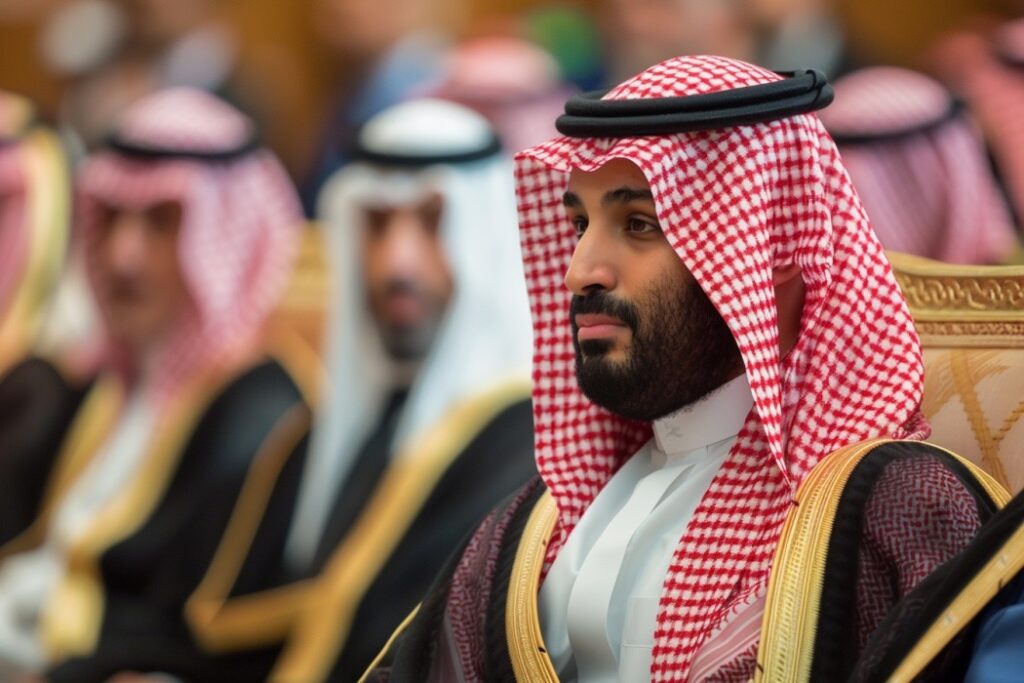Teamsters Union Declines Presidential Endorsement for First Time Since 1996
The International Brotherhood of Teamsters, one of America’s most influential labor unions representing 1.3 million members across the US and Canada, has decided not to endorse a candidate for the US presidential election for the first time since 1996.
Lack of Commitment on Key Issues
The union stated that it did not receive sufficient commitments on key Teamsters issues from either Democratic nominee Kamala Harris or Republican nominee Donald Trump. Polling of rank-and-file members revealed no definitive support for either candidate, despite some polls showing strong backing for Trump.
Blow to Harris Campaign
The lack of endorsement is a setback for the Harris campaign’s efforts to appeal to working-class voters in key battleground states like Pennsylvania, Michigan, and Wisconsin, where thousands of Teamsters reside and vote.
Regional Councils Endorse Harris
Following the union’s decision, some Teamsters regional councils representing over half a million members in states like Michigan, Wisconsin, Nevada, and California announced their endorsement of Kamala Harris.
Union’s Political Diversity
The union’s rank-and-file, which includes freight drivers, warehouse workers, and airline pilots, has a history of political diversity. General President Sean O’Brien has worked to build relationships with Republicans, meeting with prominent figures like US senators Josh Hawley and JD Vance.
Controversy and Tension
Despite the lack of endorsement, Harris met with the Teamsters board in a tense roundtable. The union’s spokesperson denied reports of tension, but some members expressed frustration with O’Brien’s right-wing outreach efforts.
Trump’s Campaign Response
Trump’s campaign celebrated the polling data showing strong support for the President among Teamsters members, highlighting their desire to see Trump re-elected.
Union’s Position
Despite the polling results, the union emphasized that there was no universal support for either candidate among its members. This decision not to endorse reflects the diverse opinions within the union.



